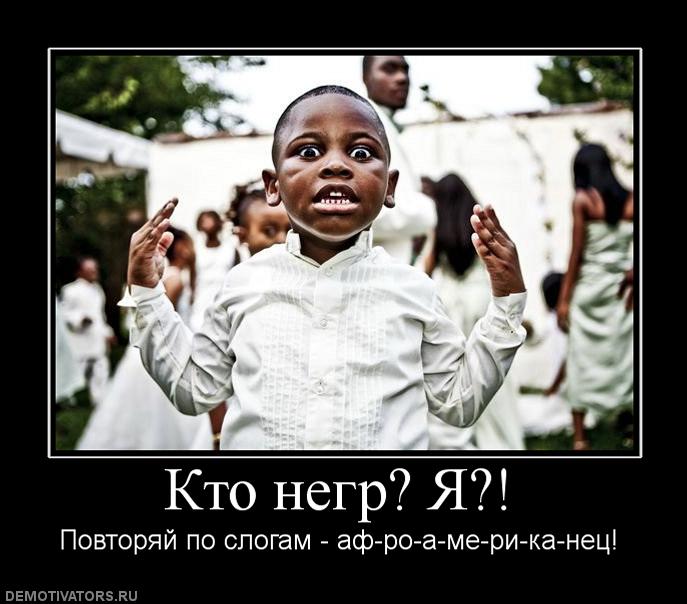Every word has its immediate, origin and the so-called “abstract” meaning. But, there is also an additional, indirect meaning, which is formed in the consciousness of carriers of the said language (connotation). For example, when we say, a “rooster”, a “fox” or a “donkey”, depending on the context, it could not only be the name of the animal, but also specific qualities of a metaphor to humans. The best example is, of course, the names of the nations. For us, a “Turk” is not only an ethnic name, but also a synonym of a ferocious, bloodthirsty, and barbaric man. I have already had the occasion to write that it is a common thing in everyday life, but in social and political vocabulary, I would prefer to avoid it. For us, Azeri is also a “Turk”. To the point, if we so address the representative of given nation in Baku, he will either get offended, or not. But, I would not recommend you doing the same, for example, in Tabriz, he will get offended badly. “Azeri”, too, has a negative “connotation”, I have personally heard how the Turks (ethnic Turks) were reciting this word with quite contemptuous expression of face. When I say that, for example, writing or reciting the words “Negro” or “Jew” is a display of racism, some begin to argue that such words have quite ‘innocent’ etymology. Those arguing do not understand or, more likely, do not want to understand that these words are used and perceived in the negative sense, regardless of their origin. In my childhood years, they were saying “onion”, meaning, of course, not the plant, but the strategic allies. I mean that the least innocent word, entering into social and psychological relationship, gets an offensive meaning. From this prospect, we need to address the issue of diminutive particles ‘affixed’ to the names of politicians and, generally, famous people, which was discussed by the National Assembly last week. But, before passing to the main issue, a little consideration: rabbis singer, who is known to the audience as “Armenchik”, wants in person, or through his PR managers to be introduced without suffix “chik” (I do not know to what extent this “rebranding” will be successful). When writing a neutral, informational text about him, we will try to do so for some time, however, reminding “chik” to make it clear whom he meant. In other words, in this case the singer, the suffix ‘chik’ initially did not have a negative ‘connotation’, but now it is starting to obtain it. Regarding the actual matter: leader of ANC faction Levon Zurabyan is annoyed when he is addressed with a diminutive particle. And, when his political opponents address or write as such, there is grounds to believe that they have a special tendency to offend. They say that this is done in response to the habit of the opposition to call the current Ambassador to Vatican in the same way. Of course, this also should be avoided, if there is no intention for making a personal assault. The same for the President of Armenia; no matter what was said or what is written in the documents, if he or the Republicans do not like the particle “ik”, it should not be used, again, if there is no a special tendency for offending. Especially, when the matter, despite the personality, is about the President of the country (I have also covered this issue). The general principle should be the same. There is no need to go deep into documents or origin. Yes, “negro” simply means “black.” But, if people of this complexion get offended by this word, and you know about it, then, the word “negro” is an offense. Do not pretend that you do not understand it. It’s another matter, if you consciously want to insult, and confess to your wish and do not hide it. It is a matter of taste, education and culture.
Aram Abrahamyan
























































